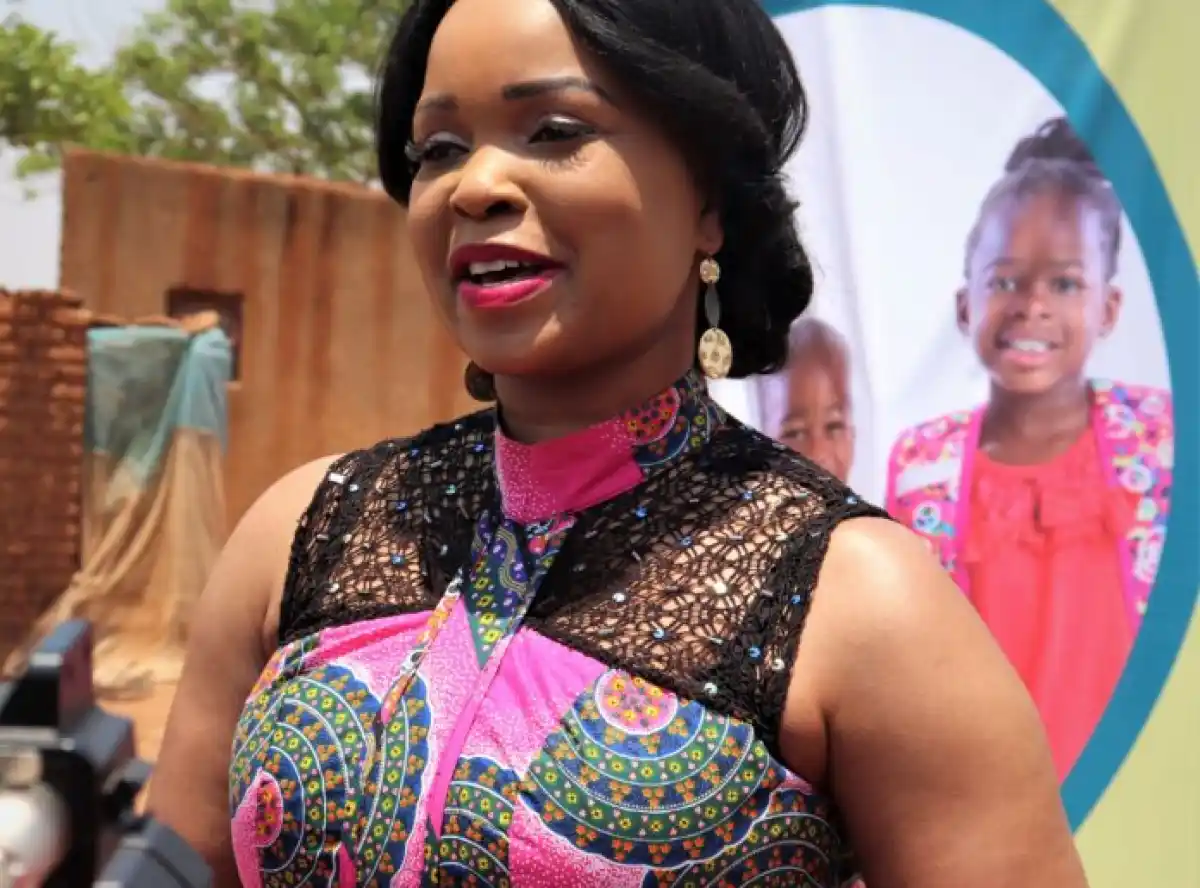
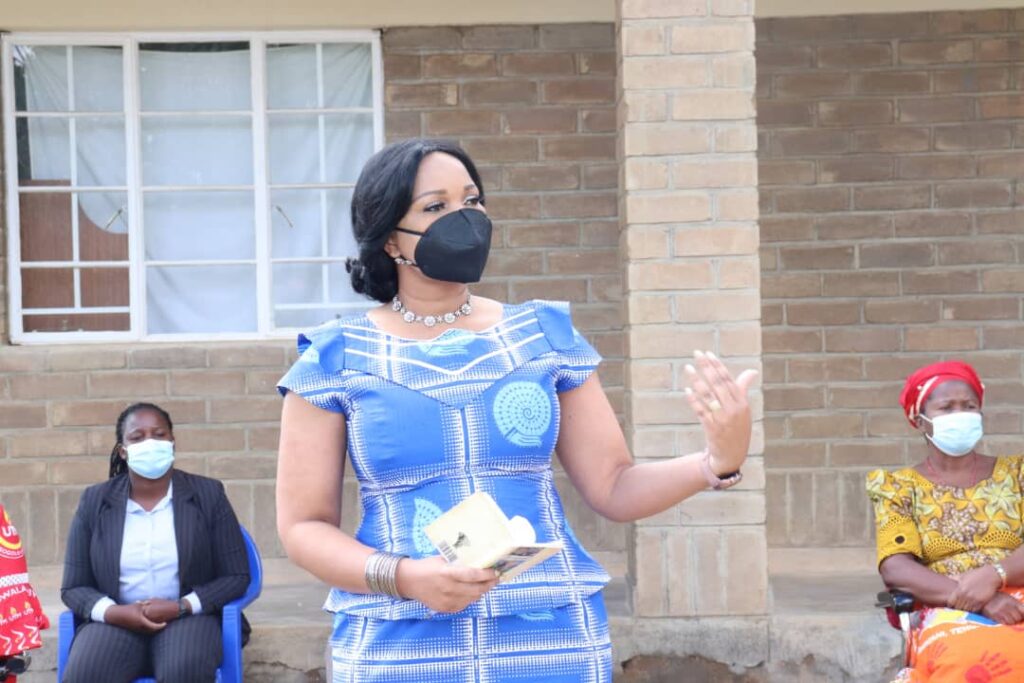
During a conversation with my classmate and close friend, Mary Chilima, I was struck by her insightful perspective on Malawi’s development. We were discussing the nation’s future, and she remarked that as long as Malawi relies on primary industries, true economic development will remain elusive. Curious, I asked her to elaborate.
Mary explained that many countries have moved beyond exporting raw materials, which yield low returns, and have embraced value addition. This shift has significantly boosted their economic prosperity. She highlighted how the UTM’s 2019 manifesto emphasized transforming Malawi into a manufacturing hub.
The concept of Mega farms, she noted, was not just about producing subsistence food but also about empowering small-scale farmers. By turning raw commodities into value-added products, such as tomato sauce from tomatoes or crisps from Irish potatoes, the economic benefits could be substantial.
Listening to Mary, I became convinced that she is deeply aligned with Saulos Chilima’s vision, possibly even a co-founder of it. Her ideas embody the kind of leadership Malawi desperately needs.
As we mourn the loss of SKC, I can’t help but wonder if Mary Chilima should lead the UTM. Her deep understanding and co-creation of this vision make her an ideal candidate to bring it to fruition.
The Importance of Resilience and Community Engagement in Leadership: A Case for Mary Chilima
Mary Chilima stands out as a beacon of resilience and community spirit, qualities that are essential for effective leadership in the United Transformation Movement (UTM) party and for the broader context of Malawi.

As a devoted Catholic believer congregating at St. Patrick’s Church in Area 18, Mary exemplifies the values of faith, humility, and approachability, making her a relatable figure for many.
Her down-to-earth nature and willingness to engage with everyone, regardless of their background, reflect the inclusive leadership style that is crucial for fostering unity in a diverse society. In a country like Malawi, where various social and economic challenges persist, having a leader who prioritizes dialogue and connection with the community can bridge divides and inspire collective action.
Mary’s resilience is particularly significant in the face of Malawi’s ongoing struggles. Leaders who have experienced hardships and emerged stronger can better empathize with the struggles of their constituents.
Mary’s ability to connect on a personal level allows her to understand the needs and aspirations of the people, making her a suitable candidate for leadership within the UTM party.
In conclusion, Mary Chilima’s qualities—her resilience, faith, and community engagement—position her as an ideal leader for the UTM party and a potential catalyst for positive change in Malawi. Her approach to leadership not only aligns with the values of inclusivity and empathy but also inspires hope for a brighter future for all Malawians.


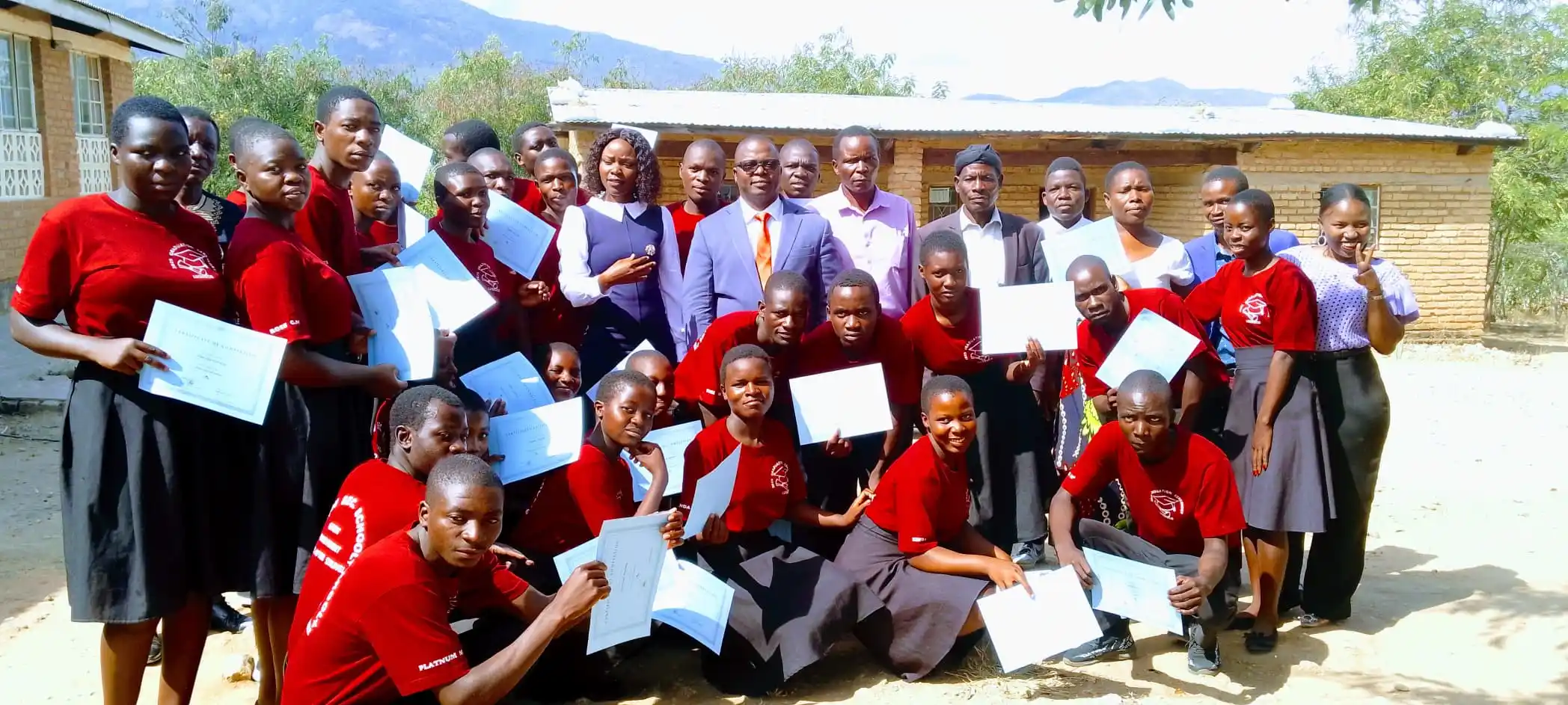
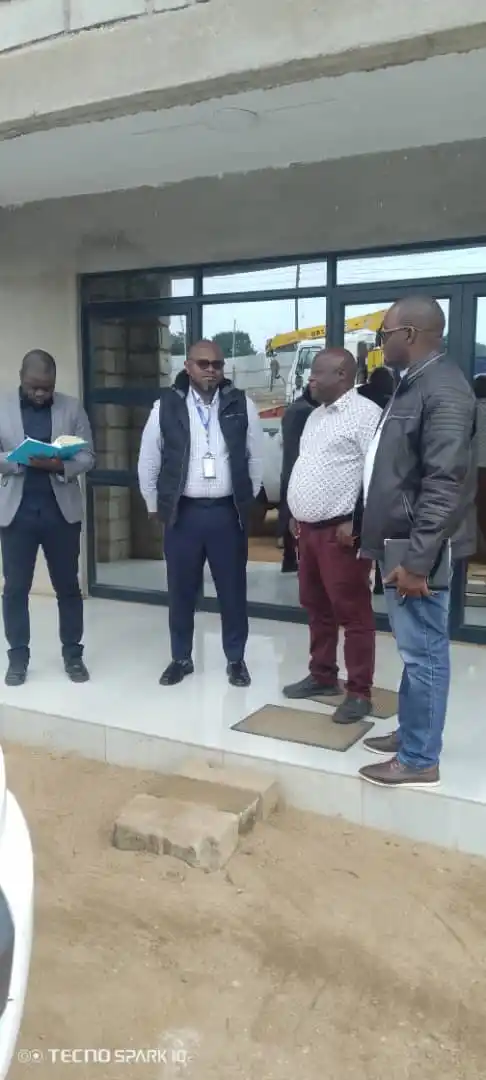
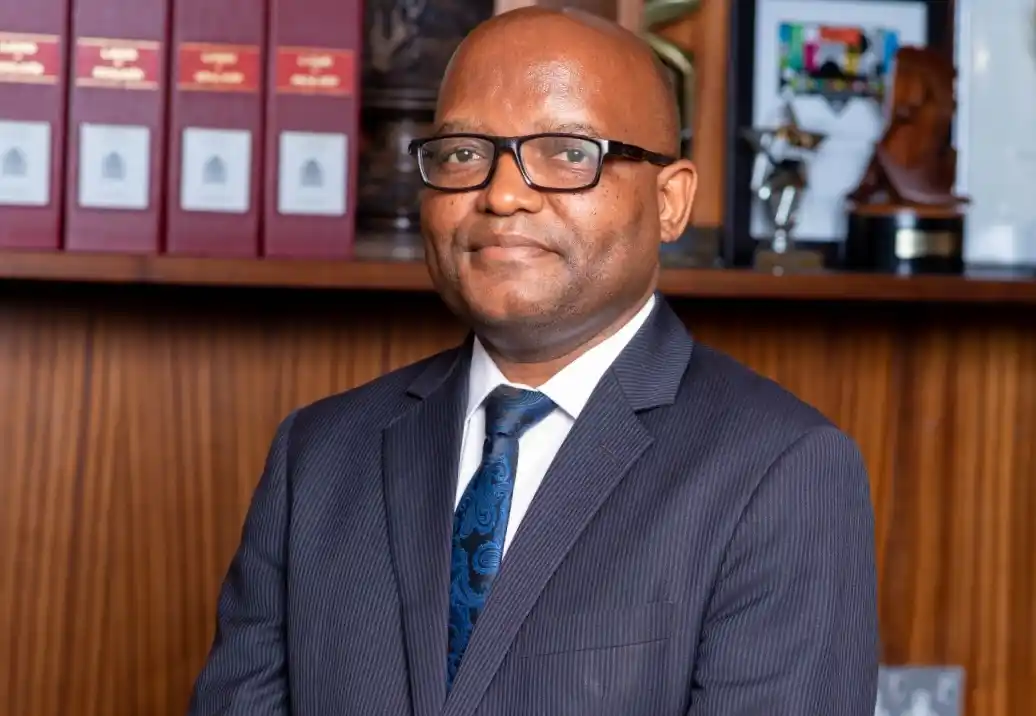



0 Comments